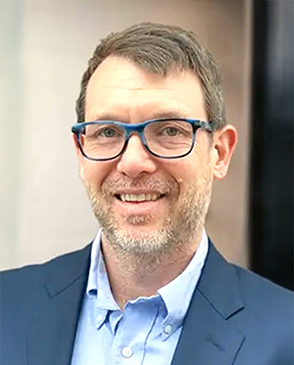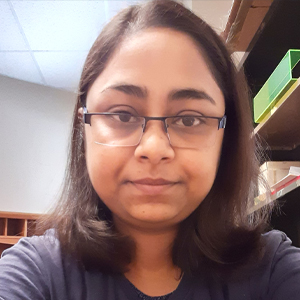In memoriam: Jeffrey Cameron
Jeffrey Cameron, an associate professor of biochemistry at the University of Colorado Boulder, passed away on September 25 at the age of 43 in Colorado. He made seminal contributions to understanding microbe cellular processes.

Born on February 16, 1981, in La Grange, Illinois, Cameron studied plant science at Montana State University and Washington University, where he obtained his Ph.D. and completed his postdoctoral training.
In 2015, he opened his lab at CU Boulder, which focused on understanding the physiology, cell biology and biochemistry of the photosynthetic microbe, cyanobacteria. His research on cellular signaling and metabolic regulation in cyanobacteria aimed to harness their carbon-fixing mechanisms to combat climate change, leading to innovations like bacteria-grown biomaterials that reduce emissions from traditional cement production. In 2016, Cameron cofounded the biotech company Prometheus Materials, which uses microalgae to create zero-carbon bio-cement and bio-concrete.
Cameron was also a mentor and educator. Many of his students and colleagues remember him for his brilliance as well as his kindness. He was deeply committed to fostering a collaborative research environment and was known for his generosity in sharing knowledge.
Outside of the lab, Cameron enjoyed cooking, hiking and mushroom hunting.
He is survived by his wife, Jennifer Michelle Cameron, and four children, Noelle Rose, Jasper Carlyle, Evette Blue and Margot Love. He is also survived by his parents, three siblings and three grandparents.
Enjoy reading ASBMB Today?
Become a member to receive the print edition four times a year and the digital edition monthly.
Learn moreGet the latest from ASBMB Today
Enter your email address, and we’ll send you a weekly email with recent articles, interviews and more.
Latest in People
People highlights or most popular articles

Finding a symphony among complex molecules
MOSAIC scholar Stanna Dorn uses total synthesis to recreate rare bacterial natural products with potential therapeutic applications.

Sketching, scribbling and scicomm
Graduate student Ari Paiz describes how her love of science and art blend to make her an effective science communicator.

Embrace your neurodivergence and flourish in college
This guide offers practical advice on setting yourself up for success — learn how to leverage campus resources, work with professors and embrace your strengths.

Survival tools for a neurodivergent brain in academia
Working in academia is hard, and being neurodivergent makes it harder. Here are a few tools that may help, from a Ph.D. student with ADHD.

Quieting the static: Building inclusive STEM classrooms
Christin Monroe, an assistant professor of chemistry at Landmark College, offers practical tips to help educators make their classrooms more accessible to neurodivergent scientists.

Hidden strengths of an autistic scientist
Navigating the world of scientific research as an autistic scientist comes with unique challenges —microaggressions, communication hurdles and the constant pressure to conform to social norms, postbaccalaureate student Taylor Stolberg writes.

